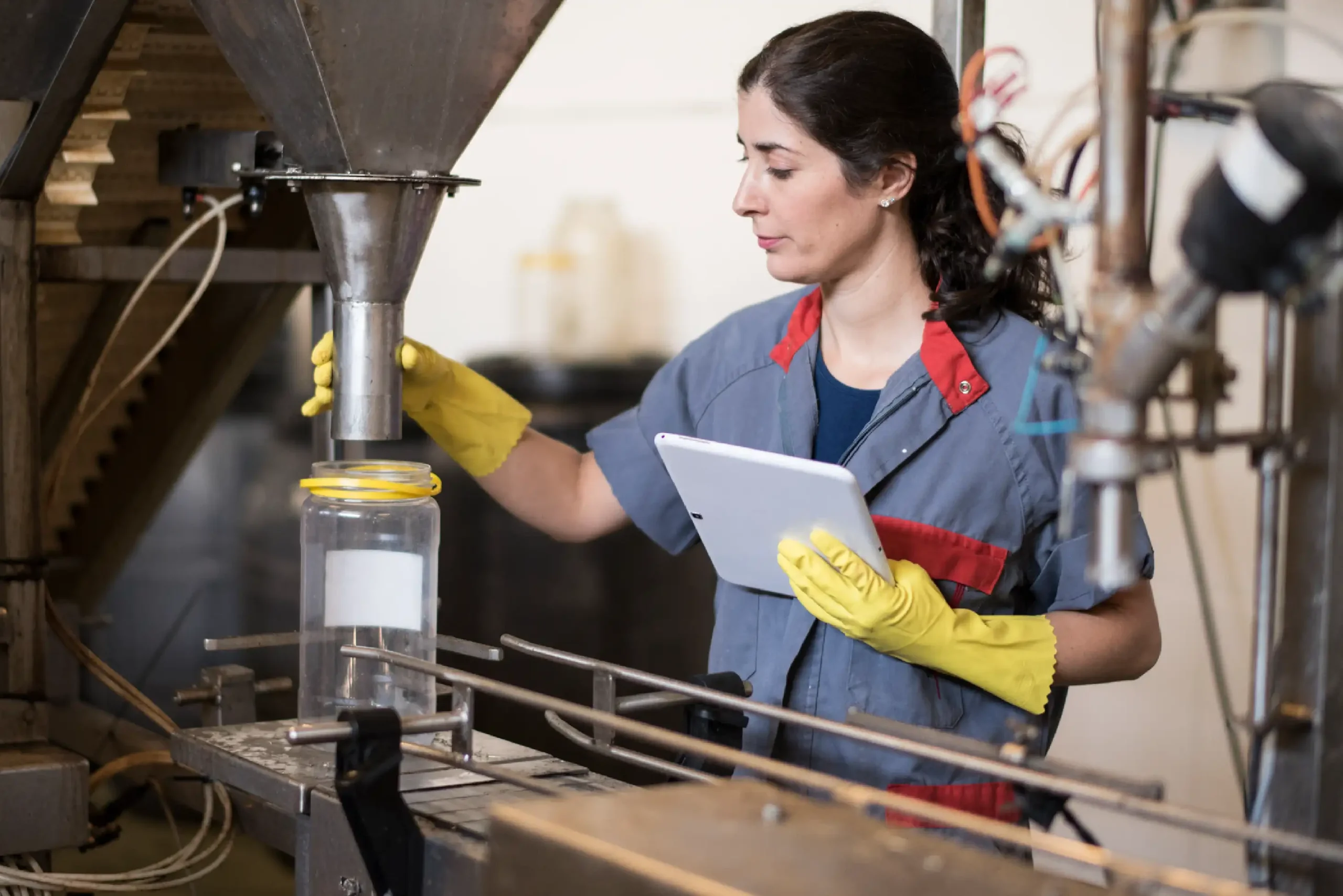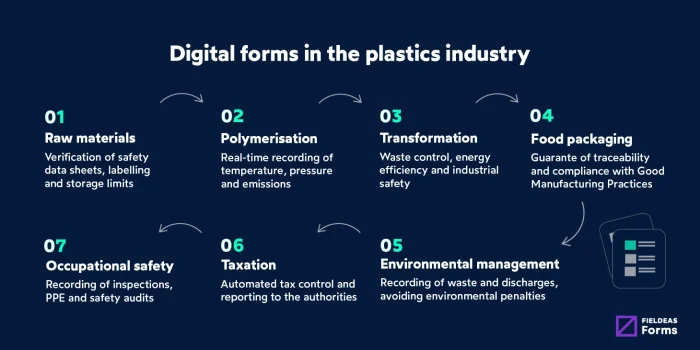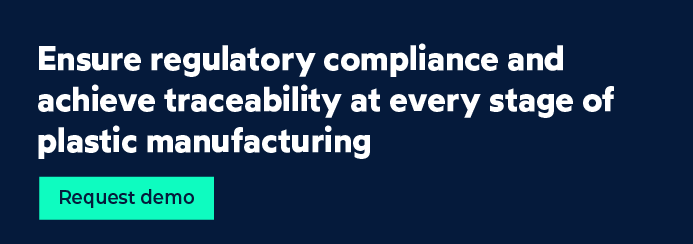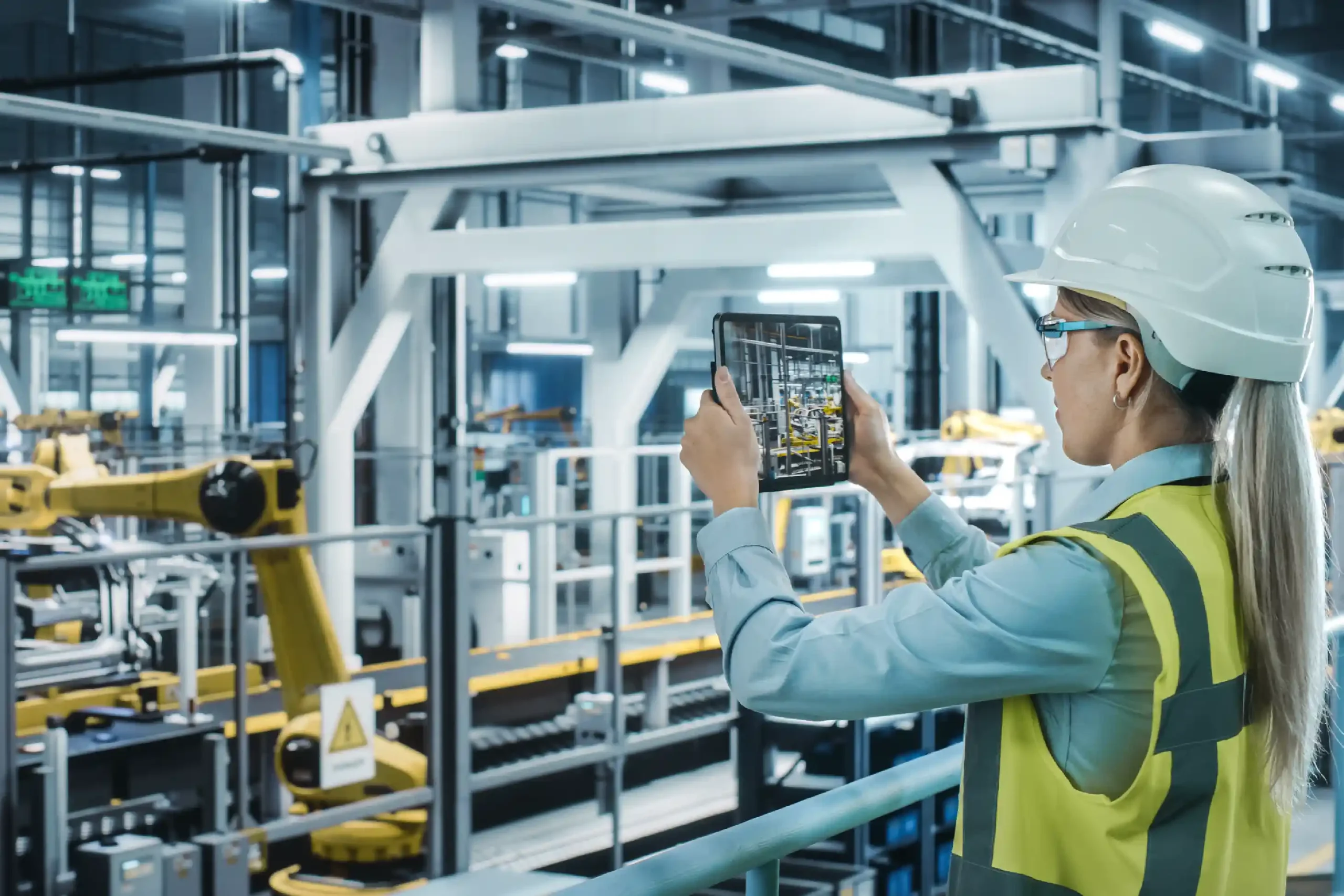Online forms in the plastics industry: allies for regulatory compliance


Online forms in the plastics industry have evolved to become essential tools for ensuring regulatory compliance, improving traceability and minimizing operational risks at every stage of the production process.
The plastics industry is going through a period of intense change: new environmental obligations, circular economy requirements, emission controls, packaging taxes and strict traceability rules. All of this is forcing companies to manage their documentation and operational data more rigorously.
In this post we detail how online forms help to respond effectively to these regulatory and operational challenges, ensuring comprehensive control of the industrial process.
The first phase of the process involves the arrival and sorting of raw materials required for the manufacture of plastics, such as additives, monomers, pigments or solvents.
The regulations involved in this point are the REACH Regulation concerning the Registration, Evaluation, Authorization and Restriction of Chemicals (EC 1907/2006); the CLP Regulation (EC 1272/2008), on classification, labeling and packaging of substances and mixtures; Royal Decree 840/2015 (Seveso III) on major accident prevention; and the Chemical Storage Regulation (APQ).
Furthermore, the online forms allow you to automatically document each receipt, verify that the substances have their MSDS, confirm their labeling according to CLP (Classification, Labelling and Packaging) regulations and validate their correct location within the permitted storage limits.
They also facilitate the performance of chemical product inspections (APQ) through automated checklists, as well as the issuance of warnings when capacities are exceeded, permits expire or hazards are detected.
The main benefit of online forms at this stage is to ensure full traceability of raw materials and prevent penalties for non-compliance with REACH or chemical storage regulations.
The second stage consists of the chemical reaction that results in polymers such as PE (polyethylene), PP (polypropylene) and PVC (polyvinyl chloride).
Here we highlight regulations related to industrial emissions, environmental assessment and operational safety: Law 34/2007 on air quality; Royal Decree 815/2013 on industrial emissions; Law 21/2013 on environmental assessment; and Seveso III.
At this point, online forms in the plastics industry allow to automatically capture critical parameters such as temperature, pressure or atmospheric emissions, storing the data in real time.
This information is essential to comply with the Integrated Environmental Authorization (AAI) and to demonstrate compliance with Best Available Techniques (BAT/BAT).
The forms can also be used to generate alarms if established limits are exceeded and to prepare official reports for environmental controls.
Its major advantage at this stage is to ensure continuous traceability of the chemical process and automated control of emissions and environmental parameters.
At this stage, the plastic is molded using energy-intensive and waste-generating processes.
Regulations such as Law 7/2022 on waste, air quality legislation and occupational and industrial safety regulations apply here.
At this point, online forms make it possible to control process variables (temperatures, consumption, pressures), record incidents or wastage and create automatic reports on production efficiency.
They also make it possible to document waste management according to the LER codes (European Waste List), guaranteeing its classification and traceability.
On the other hand, when integrated with sensors or SCADA systems, the formsautomatically collect energy or environmental data, facilitating compliance with sustainability and impact reduction requirements.
The main contribution in this phase is to have a complete digital control of efficiency, waste and industrial safety through reliable and verifiable records.

Products intended for the food sector are under strict regulations such as Regulation (EU) 10/2011; Regulation (EC) 1935/2004; and Regulation (EC) 2023/2006 on Good Manufacturing Practices (GMP).
In this regard, online forms allow digitization of GMP inspections, cleanliness checks, migration tests and batch traceability.
They also facilitate the incorporation of photographs, certificates of analysis and evidence directly into each digital record.
Thus, a digital forms software turns audits into more agile processes, by centralizing all documentation in a single accessible and updated system.
The main advantage is to ensure automatic GMP compliance and guarantee full traceability in the manufacture of food packaging.
In the environmental phase, waste, discharges, emissions and wastewater are managed. Regulations such as Law 7/2022, RD 553/2020 or the Basel Convention; RD 553/2020 on waste transfer; or the Regulation of the Public Hydraulic Domain (RD 849/1986) regulate these processes.
The online forms allow the registration of each type of waste, quantities, authorized managers and final destination, maintaining exact traceability.
The discharge control forms allow monitoring of discharge parameters (pH, temperature, Chemical Oxygen Demand) and trigger alerts when regulatory limits are exceeded.
They also facilitate the automatic generation of reports required by environmental authorities without relying on paper records.
The main benefit is to obtain a complete and digitized monitoring of waste and spills, reducing the risk of environmental sanctions.
With Law 7/2022, manufacturers must comply with new tax obligations such as the excise tax on non-reusable packaging, the Producer Registry and Directive (EU) 2019/904 on single-use plastics.
The online forms allow you to record the weight of recycled and virgin plastic,automatically calculate the taxamounts and generate the documentation for the tax office.
They also make it possible to track the traceability of packaging placed on the market and ensure compliance with EPR (Extended Producer Responsibility) obligations.
The main advantage is the automation of tax control and the reduction of errors, guaranteeing transparent compliance with the administration.
Safety is present in all stages of the industrial process, and regulations such as the Risk Prevention Law or the APQ are key.
The online forms allow documenting daily inspections, validating the use of PPE, recording maintenance, drills or incidents with evidence and geolocation.
They also facilitate the management of alerts for mandatory revisions or certifications.
The major contribution is to strengthen the preventive culture, ensure full traceability of safety activities and simplify audits and inspections.
Online forms in the plastics industry are not just a digital tool: they have become a strategic pillar for integrated management of traceability, compliance and efficiency at all stages of production.
FIELDEAS Forms stands out as a complete solution for its customization capacity , scalability and flexibility, allowing each manufacturer to adapt the tool to its processes and obligations.
Adopt a system such as FIELDEAS Forms means moving towards a more efficient, safe and sustainable production, fully aligned with European and Spanish regulations, and offering digital records with legal validity and full traceability.


29 May 2025
Online forms in utilities: use cases and main benefits

24 Jul 2025
Online forms in industry: productivity, traceability, and instant data

12 Sep 2025
Digital forms in automotive: digitization of processes and added value in the industry

18 Sep 2025
Online forms in inspections and certifications: the key to optimize business management